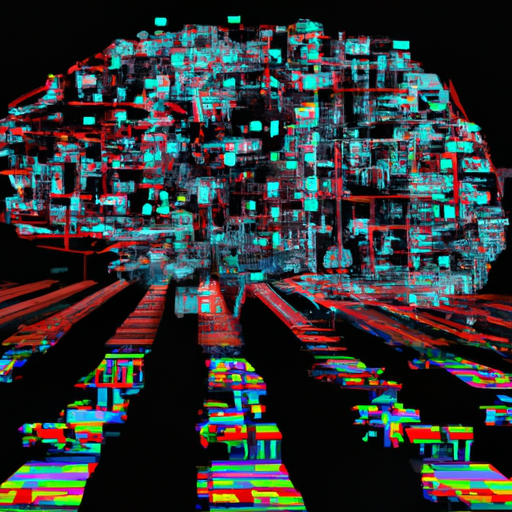
Learn Concept: Implications and Challenges of Decentralizing and Open-Sourcing AI
By: Eliza Bennet
With the rapid advancements and growing potential of artificial intelligence (AI), discussions around regulatory frameworks and methods to democratize its impact have become increasingly critical. Recently, the CEO of a leading cryptocurrency exchange suggested that AI should avoid regulation, proposing instead the concept of decentralization and open-sourcing. This approach, the CEO asserts, could stimulate the growth in the field of AI, as it did in the early days of internet and software sectors.
One such perspective argues that innovation flourishes most in arenas that lack regulation, and applying a similar approach to AI could lead to significant developmental progress. However, the suggestion has sparked widespread debate, with some considering decentralization as a formidable technical challenge for AI.
Interestingly, despite this proposed approach towards AI, some jurisdictions across the globe have already started implementing regulations. For example, China recently enacted its first set of AI rules, while the United Kingdom's Competition and Markets Authority expressed concerns about AI's potential impact on competition and consumers.
In essence, the concept of Decentralization and Open-Sourcing AI presents a dynamic series of implications and challenges. It fosters innovation on one end while raising debates over practicality and potential risks on the other. Leveraging crypto technologies to democratize AI could indeed play a pivotal role in enhancing digital transformation and knowledge share in society but needs a thoughtful and inclusive approach.



